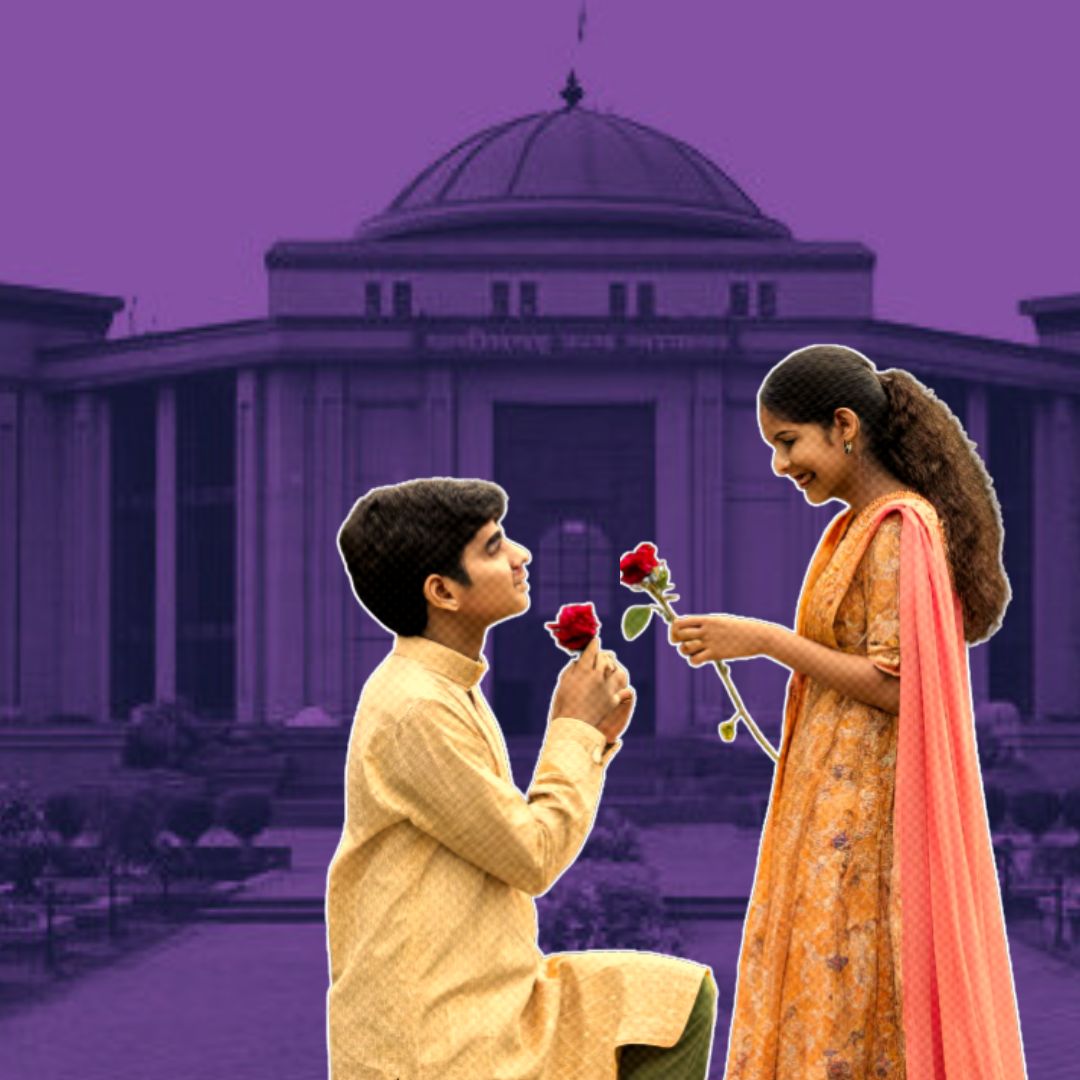The Chhattisgarh High Court recently upheld the acquittal of a man accused under the Protection of Children from Sexual Offences Act (POCSO) after he told a 15-year-old girl “I love you.” The court ruled that this expression alone, without clear sexual intent or further offensive conduct, does not amount to sexual harassment under Section 7 of POCSO.
The man was also cleared of additional charges related to stalking, outraging modesty, and offences under the SC/ST Act due to insufficient evidence. Legal experts and officials have stressed the importance of balancing effective child protection with fair and rational application of the law.
Judicial Clarity on Expression Versus Sexual Harassment
The case, heard by Justice Sanjay S Agarwal of the Chhattisgarh High Court, stems from an incident that happened on October 14, 2019, in Dhamtari district. The accused was alleged to have shouted “I love you” at a 15-year-old girl while she was on her way home from school. Following the allegation, he was charged under the stringent POCSO Act, which aims to protect children from sexual offences. However, the court ruled that mere verbal expression of affection without any sexual intention or further offending behaviour does not meet the threshold of sexual harassment or aggravated sexual assault as outlined in Section 7 of POCSO.
Justice Agarwal emphasised that the critical element in these cases is sexual intent. The court pointed out that “sexual intent” must be clearly established to classify any act as sexual harassment or assault under the Act. The prosecution failed to provide evidence proving such intent, nor could they substantiate claims under related laws, including stalking and outraging modesty, or under the Scheduled Castes and Scheduled Tribes (Prevention of Atrocities) Act, which had been invoked.
This ruling thus introduces important legal precedent clarifying that the protection offered by POCSO must be applied with a precise understanding of intent, rather than a broad or automatic categorisation of certain behaviours as criminal.
Background and Broader Legal Context
The Protection of Children from Sexual Offences Act, passed in 2012, represents one of India’s strongest legislative steps towards safeguarding minors from sexual abuse and exploitation. Its provisions are deliberately strict, reflecting the urgency of the issue.
Nonetheless, the broad and sometimes ambiguous language of certain sections — especially Section 7, which covers sexual harassment and assault — has raised questions about the scope of these protections and how they are interpreted in practice.
This case underscores challenges faced by courts and law enforcement in differentiating between harmful offences and social behaviours that may be awkward, misunderstood, or contextually insignificant. Experts have raised concerns that overly expansive interpretations of the Act could criminalise innocent or unintended behaviour, potentially diluting the focus on genuine abuse.
The ruling references prior Supreme Court judgements affirming the necessity of clear sexual intent for POCSO charges, aiming to strike a balance where children’s safety is paramount but does not come at the cost of justice and fairness.
The Logical Indian’s Perspective
At The Logical Indian, we celebrate laws like POCSO for their vital role in creating a safer environment for children nationwide. However, safeguarding must go hand in hand with sound judicial reasoning to prevent changes that might inadvertently harm social cohesion or lead to misuse. Empathy, understanding, and dialogue should drive society’s approach to childhood innocence, recognising that human expressions—when devoid of harm—are part of natural social interaction.
This ruling invites reflection on how society can protect its most vulnerable while nurturing an atmosphere of kindness and trust. Striking the right balance is complex but essential for lasting, positive social transformation.












